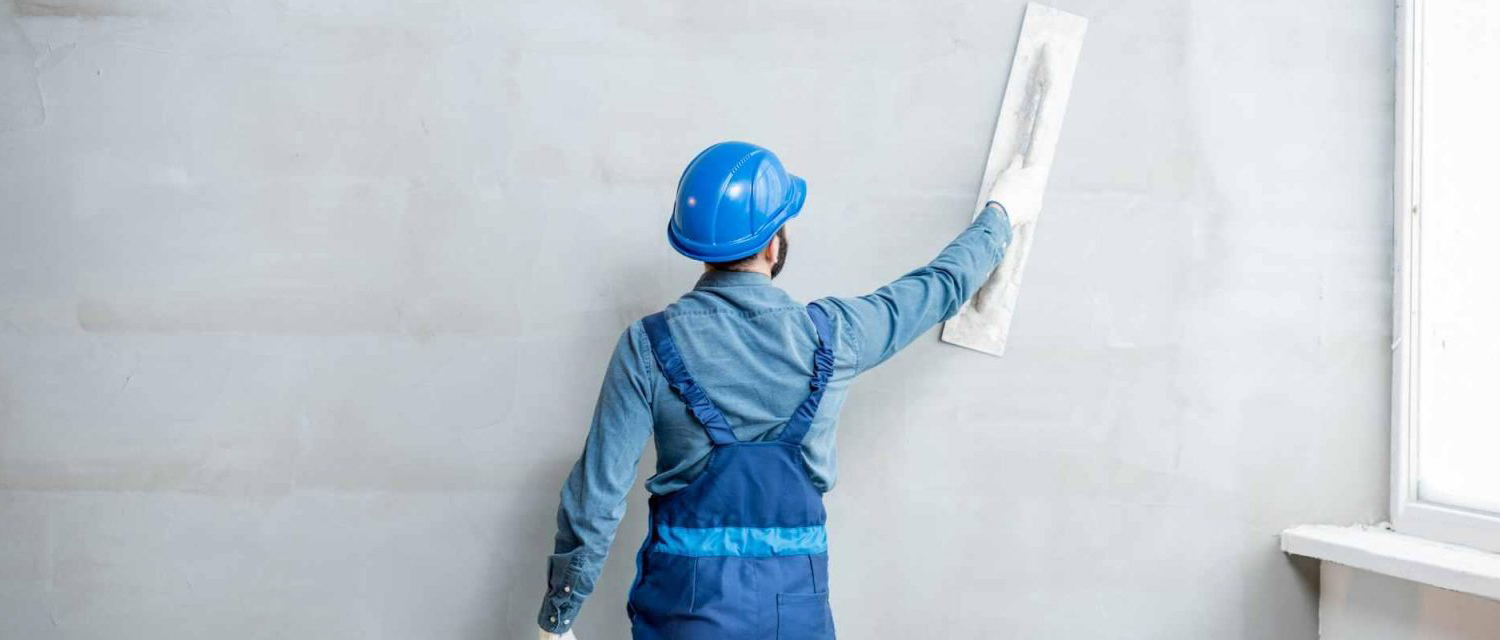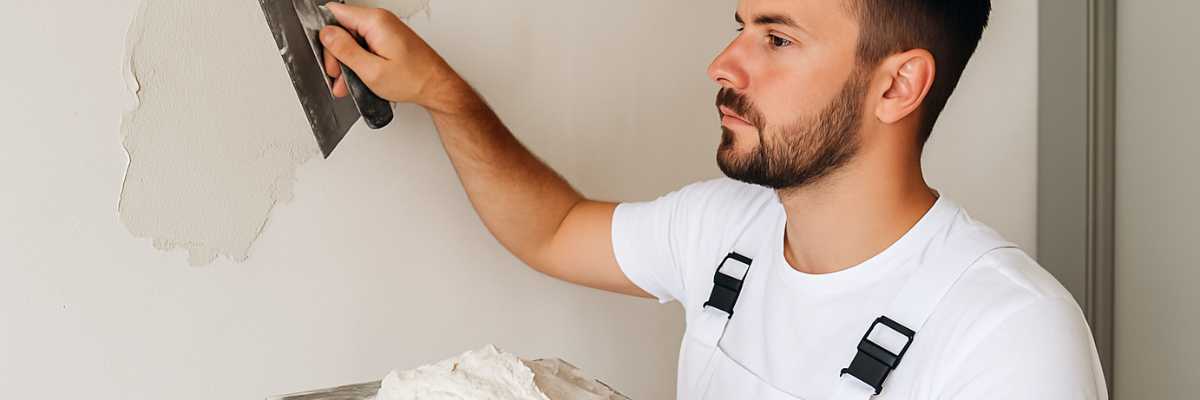Causes Of Wall Cracks
To prevent them, you should start by knowing the causes of wall cracks. Causes of cracks include:
1. Foundation Problems: When the foundation settles or shifts, it can lead to sidewall cracking. Poor soil conditions or the lack of proper drainage or foundational strength are usually to blame.
2. Structural Movement: A key reason your foundation and wall develop cracks is the building material expands and contracts with temperature changes causing cracking in cement. This movement includes thermal expansion or contraction.
3. Water Leakage: Moisture from leaks or flooding and high humidity weaken wall materials resulting in cracks. So, It is said that moisture can cause materials to expand and contract over this time frame, which adds structural stress.
4. Poor Construction Practices: This is another superior reason for wall cracks. When the materials are not mixed well, installed improperly and reinforcement is neglected, cracks are expected. Construction flaws and bad workmanship during construction are the biggest factors causing wall defects.
5. Settlement Cracks: Small to large cracks will likely develop as buildings age and settle. These are typically hairline cracks. They are not severe compared to those created due to structural issues.
6. Temperature Fluctuations: When materials expand and contract because of the weather, it can make them more erratic to stress causing a higher risk for cracking. This is particularly important for materials such as concrete and plaster.
7. Tree Roots: Over time, the rapid growth of an aggressive tree root system can pressure foundations and walls leading to cracks.
Wall Crack Types and their Solutions
Following is an overview of different kinds of wall cracks, and how to know if they are serious enough that you should do something to prevent them in the future.
1. Hairline Cracks:
Characteristics: A thin and narrow crack, usually less than 1/16 inch.
Causes: Often caused by minor settling, shrinkage or even temperature variation.
Prevention: Regular inspections and maintenance can help prevent those hairline cracks from becoming larger.
2. Vertical Cracks:
Characteristics: Straight, vertical cracks
Causes:Typically the result of foundation settlement or movement.
Prevention: Maintain a prevention program, and perform foundation work to mitigate settlement developments.
3. Horizontal Cracks:
Types: Horizontal cracks on the wall.
Structural causes: Maybe showing signs of huge-scale structural issues or tension from soil and water.
Prevention: Get a structural engineer to inspect structural issues if horizontal cracks are found.
4. Diagonal Cracks:
Description: Cracks that run obliquely, or at an angle and usually radiate from the corner of a door window.
Causes: Differential settlement or structural movement.
Preventive Maintenance: Including foundation repairs and monitoring for evidence of movement.
5. Patterned Cracks:
Features: Cracking in regular patterns like those that create stair-step or zigzag patterns.
Causes: Typically related to structural movement, or if there was considerable settling.
Preventive Action: Regular check-ups and professional examinations of the residential premises are important to detect causes for corrective measures.
Preventive Actions To Stop Wall Cracks
One must go to the causes and build better than an average house clubbed with necessary measures to stop wall cracks. Below are a few tricks on how to maintain the good condition of your walls:
1. Ensure Proper Foundation:
Adequate Preparation: The foundation is the lower part that supports the structure and wall. Adequate preparation is important to build stable foundations and walls to prevent cracks.
2. Soil Testing: An intensive soil test must be completed before the construction. The soil at your foundation can also be a good indicator if you view it according to its drainage characteristics.
3. Drainage Systems: Install a proper drainage system around your foundation to control water runoff and erosion. You can use gutters, downspouts and French drains.
4. Strengthening of the Foundation: Reinforce the foundation with a proper reinforcement method like rebar or steel mesh to strengthen and resist shifting or sinking.
5. Routine Checkup: Organise routine checkups of the foundation and nip any settling or shifting in the bud before it becomes visible. A quicker resolution of these can avert greater issues.
2. Use Quality Materials:
What materials the walls are made out of, contribute significantly to constructing durable and dependable walls:
Mix Concrete Properly: Ensure to combine concrete in the correct proportions and consistency is key. Mix the concrete poorly to create strong walls that do not crack.
High-quality Mortar: Make sure that the mortar used is of high quality, especially for brick and stone walls. Poor mortar can deteriorate and crack over time.
Properly Cured Materials: Allow concrete and plaster ample time to cure. Although curing has been used in various parts of the world for a long time, it specifically helps increase material strength and reduces the crack factor to zero.
3. Embrace Perfect Construction Tactics:
Construction these days is a world away from what it was two and three hundred years ago, but that does not mean there are no best practices to follow.
Expansion Joints: Allow for thermal expansion and contraction by design more info It can reduce stress and avoid cracking.
Control Joints: To manage shrinkage and keep random cracking in check, install control joints into drywall or plaster walls with expert plaster repair.
Reinforcements: Use reinforcement like steel mesh or rebars to strengthen the slab and lessen its chance of cracking.
Temperature Control: Do not cast concrete or apply plaster in hot, cold or humid weather. It is required for curing specification to be created, extreme temperatures can affect the process and ultimately lead to cracks.
4. Address Moisture Issues:
Moisture is a major reason for wall cracks. You can prevent cracks with the following measures:
Waterproofing: Protect exterior walls and foundations by applying waterproofing treatments. These can be anything from sealants, membranes and coatings that keep out water.
Repair Leaks: It is important to repair any leakages in roofs, gutters or plumbing systems as soon as possible. Leaks contribute to water damage over time and can further weaken wall structures.
Control Humidity: Use dehumidifiers and ventilate in areas prone to high humidity, like basements or bathrooms. This reduces the accumulation of moisture.
Landscaping: Always ensure that landscaping around your house is adequate to encourage water runoff away from the foundation. Large trees planted near the foundation will disrupt their soil.
5. Regular Maintenance:
As much as 85% of all downtime is caused by small failures that can be fixed with preventative maintenance.
Walls Inspection: Walls should be regularly checked for cracks or other damage. Early detection leads to timely repairs and helps avoid further breakdowns.
Seal Cracks Immediately: As soon as you notice small cracks forming, seal them with appropriate sealants/fillers to keep them from further expanding.
Keep Your Gutters and Downspouts in Top Shape: Clear gutters often to prevent overflow, they can easily cause water damage, and cracks in walls and become a breeding ground for mosquitoes.
Look for Signs of Settling: Look for common indicators that a foundation is settling like sagging floors or sticking doors. You can contact a nearby underpinning professional for an assessment and repair.
6. Consult Professionals:
For more severe cracks or underlying problems, it is good to have a bricklayer, plasterers and other professionals to take a look at things.
Structural Engineers: In the case of unstable wall cracks, it is advisable to contact a structural engineer for directions on how to repair or beef up your walls.
Foundation Specialists: Call foundation specialists for settling or shifting issues. They can do foundation underpinning or stabilisation.
Waterproofing Specialists: Expert waterproofers can seal and manage water penetration if moisture is a problem.







